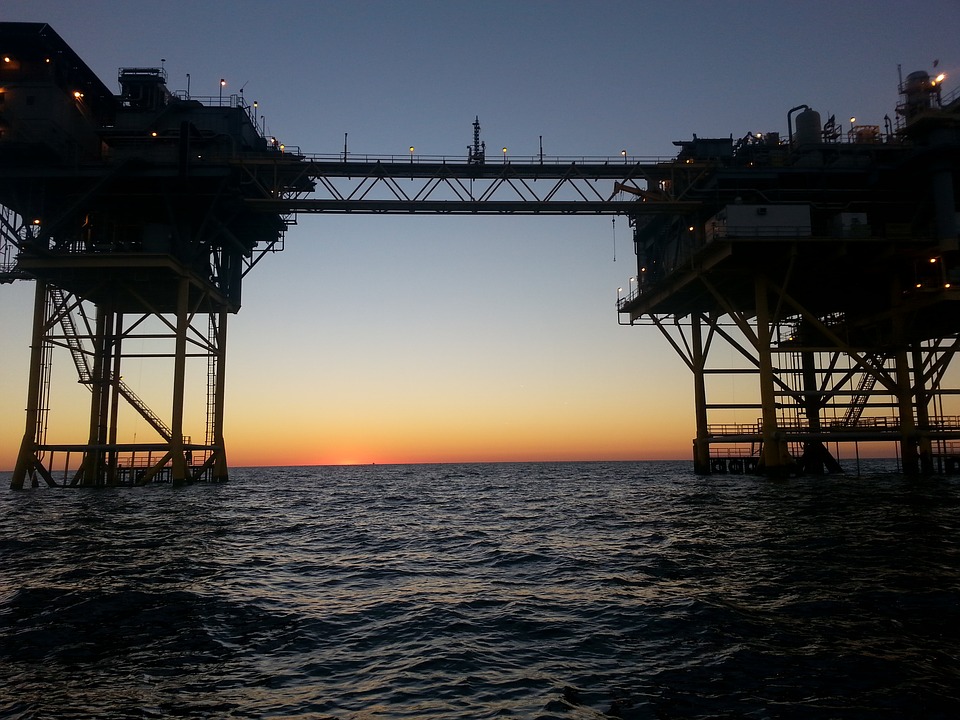Clovelly Oil is not quite a household name, as far as oil and natural gas companies go, though it recently gained attention when its oil and natural gas storage rig exploded on October 15 in Louisiana.
Located on Lake Pontchartrain near New Orleans, Clovelly’s storage facility erupted at about 7:30 p.m. on Sunday, injuring seven. Timothy Morrison, 44, of Katy, Texas, remains missing. The search for him has been suspended by the U.S. Coast Guard.
What do we know about this company and its history in the state? Clovelly previously made headlines in 2013 when the Southeast Louisiana Flood Protection Authority sued it along with over 100 other companies for their role in eroding and degrading the Louisiana coast.
“For near a century, the oil and gas industry has continuously and relentlessly traversed, dredged, drilled and extracted in coastal Louisiana,” reads the case’s complaint, filed in the Civil District Court for the Parish of Orleans in Louisiana. “Racing to extract the region’s resources, it has created an extensive network of oil and gas access and pipeline canal that slashes the coastline at every angle … What remains of these coastal lands is so seriously diseased that if nothing is done, it will slip into the Gulf of Mexico by the end of this century, if not sooner.”
The companies were also called to task for their role in allegedly worsening the potential ravages faced by coastal storms and hurricanes in the complaint.
“This land loss is not simply a point of handwringing for the fishermen, hunters and naturalists who have plied their trades and found recreation in them for generations, nor is it a matter of academic concern,” reads that suit. “Those lands have for centuries provided a crucial buffer zone between south Louisiana’s communities and the violent wave action and storm surge that tropical storms and hurricanes send in from the Gulf of Mexico.”
The lawsuit was eventually dismissed by the U.S. Circuit Court of Appeals for the Fifth Circuit in March 2017.
Clovelly Weighs In
According to DrillingEdge.com, Clovelly currently drills 25 wells throughout three counties in Louisiana, mostly in Evangeline and Jefferson Parish.
The Times-Picayune, the flagship newspaper of New Orleans, reported that this is not the first time this oil and gas storage platform has raised issues for the company. In 2003, the paper reported that “a worker received minor injuries after a welding accident caused a fire” on the platform.
After the recent explosion, Clovelly released a public statement on Monday:
“The platform’s three oil wells were shut-in at the time of the incident and remain shut-in. Its one gas well was flowing, but was successfully shut-in shortly after the explosion. Clovelly does not know if any oil was discharged into the lake. The cause of the explosion and fire is unknown. At the time of the incident, routine maintenance was being conducted on the platform. Clovelly’s top priorities are: To protect the safety of all responders and workers on the scene, to locate the missing employee, to render medical care to the injured employees of Clovelly and its contractors and to minimize any impact on the public and to the environment.”
Update: A previous version of this article stated that Clovelly has storage space for 50 million barrels of oil on Lake Pontchartrain, pointing to an article appearing in Offshore Magazine. That article actually refers to the Clovelly Salt dome, itself owned by the U.S. Strategic Petroleum Reserve. Thus, it is not owned by Clovelly Oil. We regret the error.
Main image: A natural gas rig in the Gulf of Mexico. Credit: Max Pixel, CC0
Subscribe to our newsletter
Stay up to date with DeSmog news and alerts







